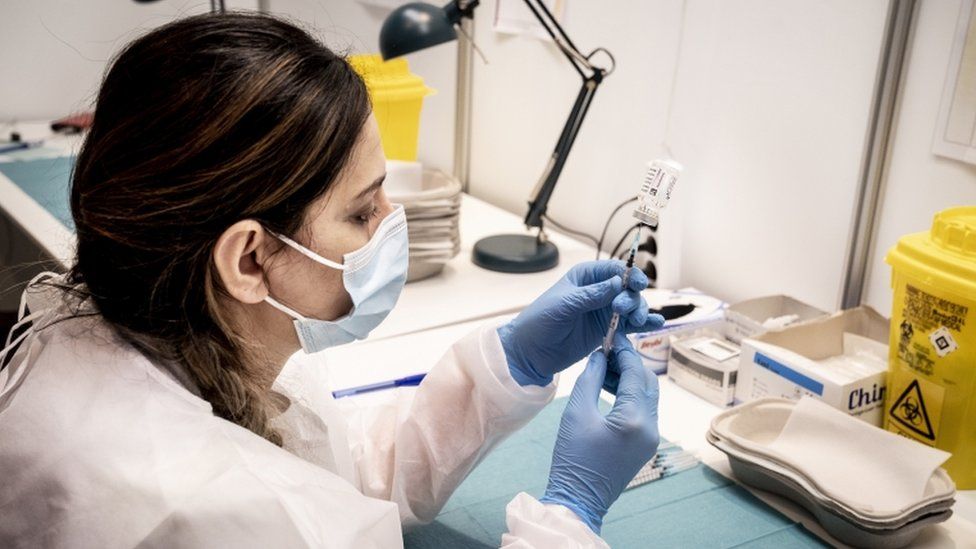
Thailand has postponed the public vaccination of its prime minister with the Oxford/AstraZeneca vaccine after three European countries paused their rollout of the jab owing to health concerns.
Prayuth Chan-ocha and members of his government had been scheduled to receive the Oxford/AstraZeneca vaccine, which is Thailand’s core immunisation response to Covid-19, in a Friday morning ceremony at the kingdom’s health ministry. Reporters who had gathered at the scene were informed of the delay only after they arrived.
Thailand is the first Asian country to temporary halt the vaccination drive. Health authorities said they had suspended the rollout after “side effects or adverse symptoms” were observed in some people who received it.
“To slow down or to pause vaccinations to investigate is common medical practice,” Anutin Charnvirakul, the deputy prime minister and health minister, said in a Facebook post. He added that the government’s vaccine management committee had taken action to ensure “the maximum safety of the public”.
Thailand acted after Denmark, Norway and Iceland on Thursday suspended use of the vaccine after reports of blood clots in a small number of people who received it. However, the EU’s medicines regulator said there was “currently no indication” that the vaccine had caused the clots.
At least five other European countries have halted the use of a specific batch of the vaccine this week, and Italy’s drug regulator said it had stopped using another batch after it was linked to two deaths.
Thailand has acquired about 61m doses of the AstraZeneca vaccine, most of which will be produced by Siam Bioscience, a local company. The kingdom is also importing 2m doses of the Chinese-made Sinovac vaccine.
Its vaccine policy is an unusually sensitive topic, as Siam Bioscience is owned by Thailand’s billionaire King Maha Vajiralongkorn, whose powers and wealth came under unprecedented criticism during democracy protests last year.
MPs from the opposition Move Forward party have criticised Prayuth’s government of relying too heavily on a single vaccine, made by a company that has never manufactured one before.
“I don’t mind the hiring of this company to supply the vaccine to Thai people, but by common sense the government should source the vaccine from other sources as well,” Wiroj Lakkhanaadisorn, an MP with the party, told the Financial Times.
In one sign of the sensitivity surrounding the topic, Thailand in January charged Thanathorn Juangroongruangkit, the party’s former leader, with insulting the king under its harsh lese-majesty law after he accused Siam Bioscience of seeking to profit from distributing the vaccine.
The law, which carries a maximum 15-year sentence, has been used to open cases against more than 60 protesters, some of whom are now in prison and have been denied bail as they await trial.
Thailand’s public health response to the pandemic has generally been regarded as successful. With a population of 69m, it has reported just 26,679 cases of the disease and 85 deaths.
Twitter: @JohnReedwrites
https://news.google.com/__i/rss/rd/articles/CBMiP2h0dHBzOi8vd3d3LmZ0LmNvbS9jb250ZW50LzZjZjk4YzQyLWY5ZTMtNGQxYy1iMGZkLWY4MTBlNzBhZDQ1OdIBP2h0dHBzOi8vYW1wLmZ0LmNvbS9jb250ZW50LzZjZjk4YzQyLWY5ZTMtNGQxYy1iMGZkLWY4MTBlNzBhZDQ1OQ?oc=5
2021-03-12 08:09:17Z
52781430844663





